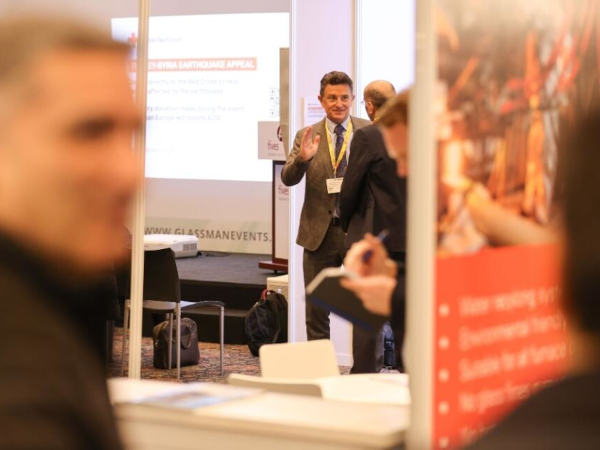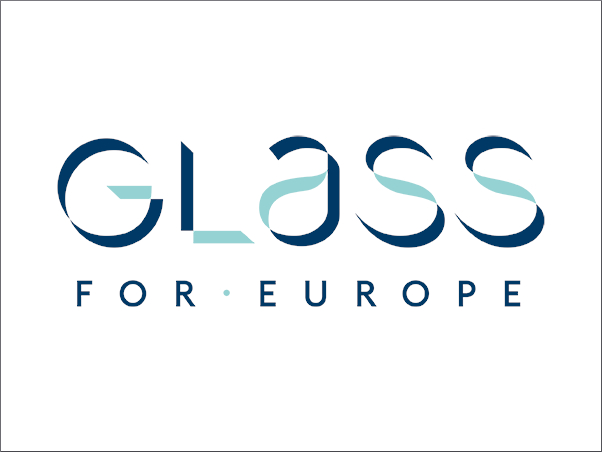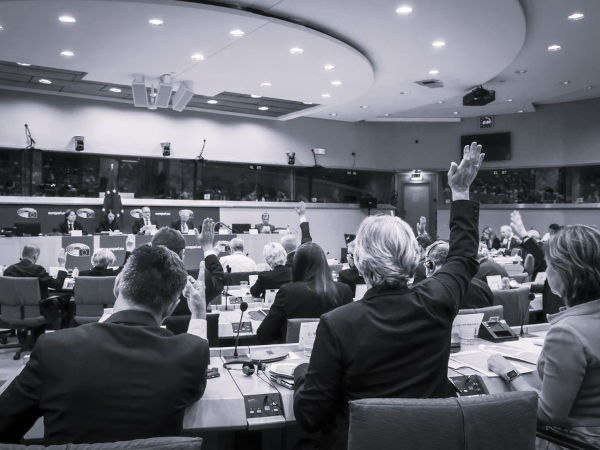Date: 26 December 2007
Out of 100 European cities studied, almost all were shown to have inadequate energy efficiency requirements for buildings, according to a new study - U-values for Better Energy Performance of Buildings - commissioned by the European Insulation Manufacturers Association (EURIMA). Whilst thermal insulation has been identified as the most cost-effective solution to tackling climate change, the evidence from this new study is clear - Europe's building requirements are currently failing to seize the potential for cost savings and climate security.
"This study provides for a worrying assessment of the current state of Europe's building requirements, " explained Jakob Sorensen, Eurima's President. He continued, " Homeowners are being left out in the cold; current national requirements mean they are losing money and putting our climate in jeopardy."
The amount of money being wasted is extraordinary. Calculated under a $70 a barrel of oil scenario there is an energy savings potential of 270 billion Euro a year and an annual carbon dioxide reduction potential of 460 million tonnes, simply from extending the current Energy Performance of Buildings Directive to cover all buildings. This new study shows that going beyond this and implementing tougher thermal insulation requirements would increase the energy and climate savings; savings which would be even further increased if calculated on the most recent peak oil price of $98 a barrel.
Carried-out by Ecofys, an independent and international consultancy specialised in energy saving and renewable energy solutions the study provides a number of findings:
- Climate and cost match: The study found that at 70 US dollars a barrel, the optimum standard from a cost perspective would also deliver the reduction levels needed to achieve Europe's climate change objectives.
- Insulation works whether it is hot or cold: To get a real grasp of the cost and climate impacts, the role of thermal insulation to reduce the need for cooling during hot weather was examined. The results demonstrated that thermal insulation can have a major impact on reducing the need to cool a building in hot climates.
- It is time to rethink requirements: With individual results from 100 cities across Europe, the conclusions to be drawn from the study are clear - it is time to rethink current building requirements in light of Europe's climate and competitiveness goals. Every city covered by the study can now examine their current requirements and discover how far they are from the cost and climate optimum.







Add new comment